Photo by Pavel Danilyuk on Pexels
Is your organization in a place to identify and support working parents? Here are a few things to consider. Over the last three years, many people have restructured their lives to accommodate remote or hybrid work. Especially working parents. Does your organization have a wide spectrum on how to support working parents? Do you allow remote or hybrid workers to bring their full self to work, even if it means a small child may pop up on a work Zoom call? We invited Abby Hamilton, Chief People Officer at LiveIntent, Inc., to join one of our podcast episodes to answer those questions and more. Let’s first start with finding out more about LiveIntent, Inc.
What is LiveIntent, Inc.?
According to LiveIntent’s LinkedIn profile: “LiveIntent is a people-based marketing technology platform changing the way over 2,000 of the world’s largest brands and publishers think about email.
The LiveIntent platform transforms email from something you send and receive into the simplest, most powerful way to resolve identity and market to people in a mobile-first world. It becomes your superpower, generating a private customer graph that can augment everything from acquisition to attribution while driving incremental product sales and revenue. LiveIntent is headquartered in NYC, with offices in Berlin, Copenhagen, serving as home to 200 people and counting. For more information, visit www.liveintent.com.”
Who is Abby Hamilton?
I had a great chat with Abby Hamilton on our podcast. According to her LinkedIn profile: “I am a strategic and passionate Human Resources leader guiding the creation of cutting-edge talent programs with a digital-first mindset. I lead teams to execute with excellence, create innovative & practical solutions to talent challenges, implement globally consistent programs, and partner with leaders throughout the business to encourage employees to bring their best self to work.
Over the course of my experience in recruiting and HR, I have had the privilege to work with talented leaders in adtech / martech and pharmaceuticals / medical devices. While I am passionate about all talent challenges, my areas of specialty include: hiring, employee engagement, DEI, mental health in the workplace, cultural transformation, performance management, leadership alignment, learning and development, HRIS, succession planning and data-driven decision making.”
Now, let’s dig into the topic of the podcast…
What’s The Workplace Culture That Can Identify And Support Working Parents?
There is a wide spectrum of how to support working parents. And it starts from a belief at the top. Many times, working parents feel an added pressure to not talk about their children at work because it might limit their career or make them look less professional. Let me give an example.
During the pandemic, I was hosting a town hall meeting for the entire company over a Zoom call. While I was speaking, my son came in and demanded my attention. So, he joined the company town hall meeting in the middle of my presentation. I finished speaking, then put myself on mute. Internally I was horrified and my stomach dropped. I was embarrassed. But instead, I received an outpouring of love from team members saying that the situation was so cute, funny, and it was great seeing me in that mode. It shifted my thoughts and I knew I was an example now.
This is a part of my life that I should embrace at work because people are watching me. If I show that being a mother is important to me, it humanizes me more. It shows we all struggle with different things. This scenario changed my whole mentality of being a mother in the workplace and how we can support other parents.
What Does It Mean To Bring Your Full Self To Work?
Prior to that occurrence on the Zoom call, I didn’t think I could bring my full self to work. I had to keep my personal life a secret. The biggest shift for me, however, was recognizing I could be myself at work and how it could empower others to do the same, no matter what they were hiding in the shadows. I don’t apologize now when my little son joins me on a call. Our reality is that our home and work lives have merged. It’s okay to show vulnerability.
Do You Have Any Guardrails In Place For Working Parents?
My main guardrail is asking the question, “Is this person getting their job done, regardless of the how?” It’s more important to trust the individual until they give you a reason not to. For example, if someone had to take 30 mins away from their desk in the afternoon to go pick up their son from school, that doesn’t matter as long as they get their work done. Flexibility is likely going to make an employee better if you let them be themselves.
This is an example of the transition to work-life blend, rather than work-life balance. Balance has the perception of equal percentages of time toward certain items, where blend is giving energy to what takes priority at the time.
Should HR Provide Different Perks, Treatment, Or Benefits To Mothers vs Fathers?
It’s important to provide the same flexibility and benefits to both. But what I want to call attention to is the biases that exist around a mother vs a father. For example, I had to attend a dinner and someone asked me who was going to take care of my kids. Obviously, their father – my husband – was going to stay home with them. That question has never been asked of my husband because the assumption was always that I would stay home with the kids.
There are gender biases that are ingrained in us. I wouldn’t say that mothers should have different benefits than fathers. I would caution that you catch yourselves when and if those things do happen or be a voice for others when you hear that being said.
Discover More
There’s much more we cover in the podcast, such as:
- Is work-life blend sustainable?
- Are all parents grateful for a remote-first workforce?
- How can an HR team decide of the workforce should be in-person, hybrid, or remote?
- Where do you start to build an actionable plan to better support working parents?
- And much more!
Listen to the whole podcast here: How Companies Can Better Support Working Parents. This 27-minute episode provides some great tips and best practices on how your organization can start better supporting working parents right away. Enjoy!












